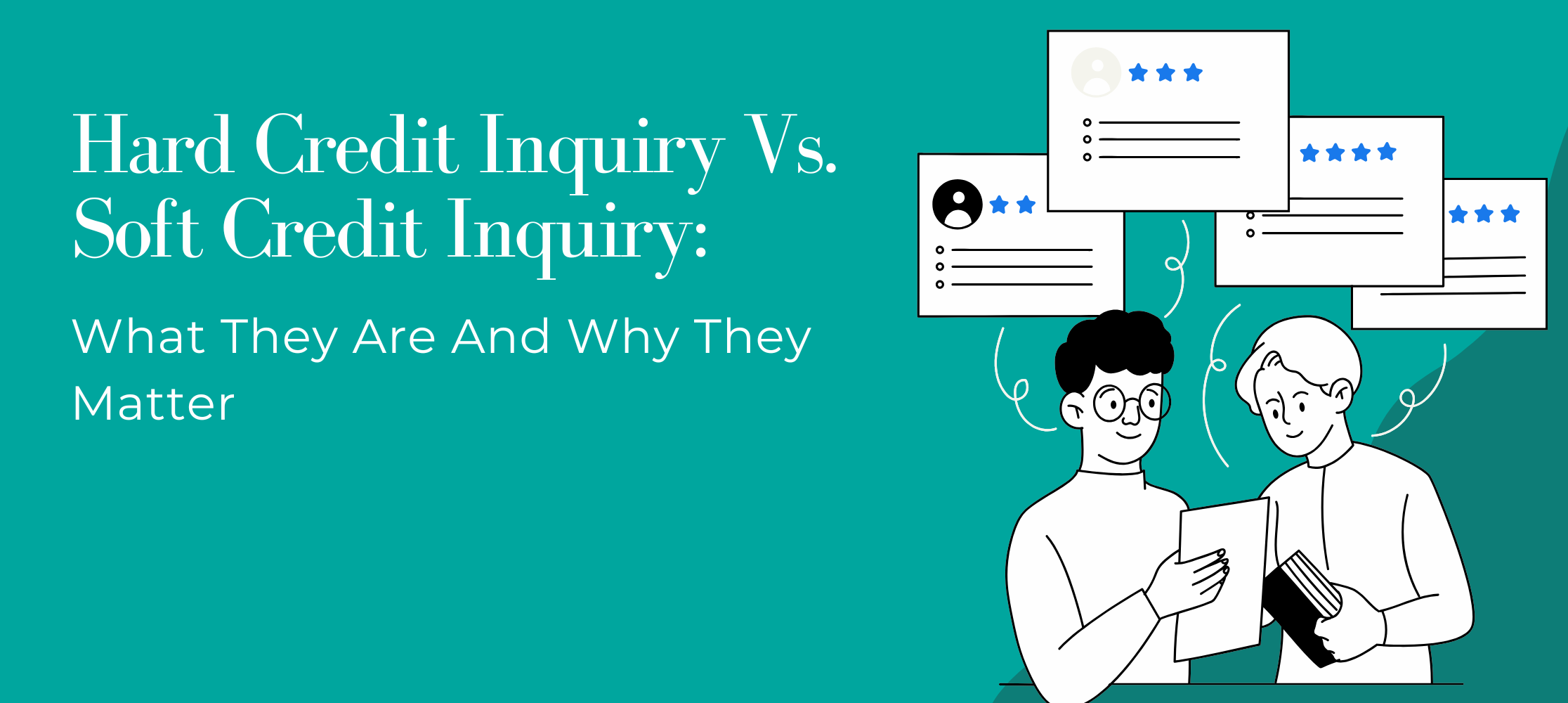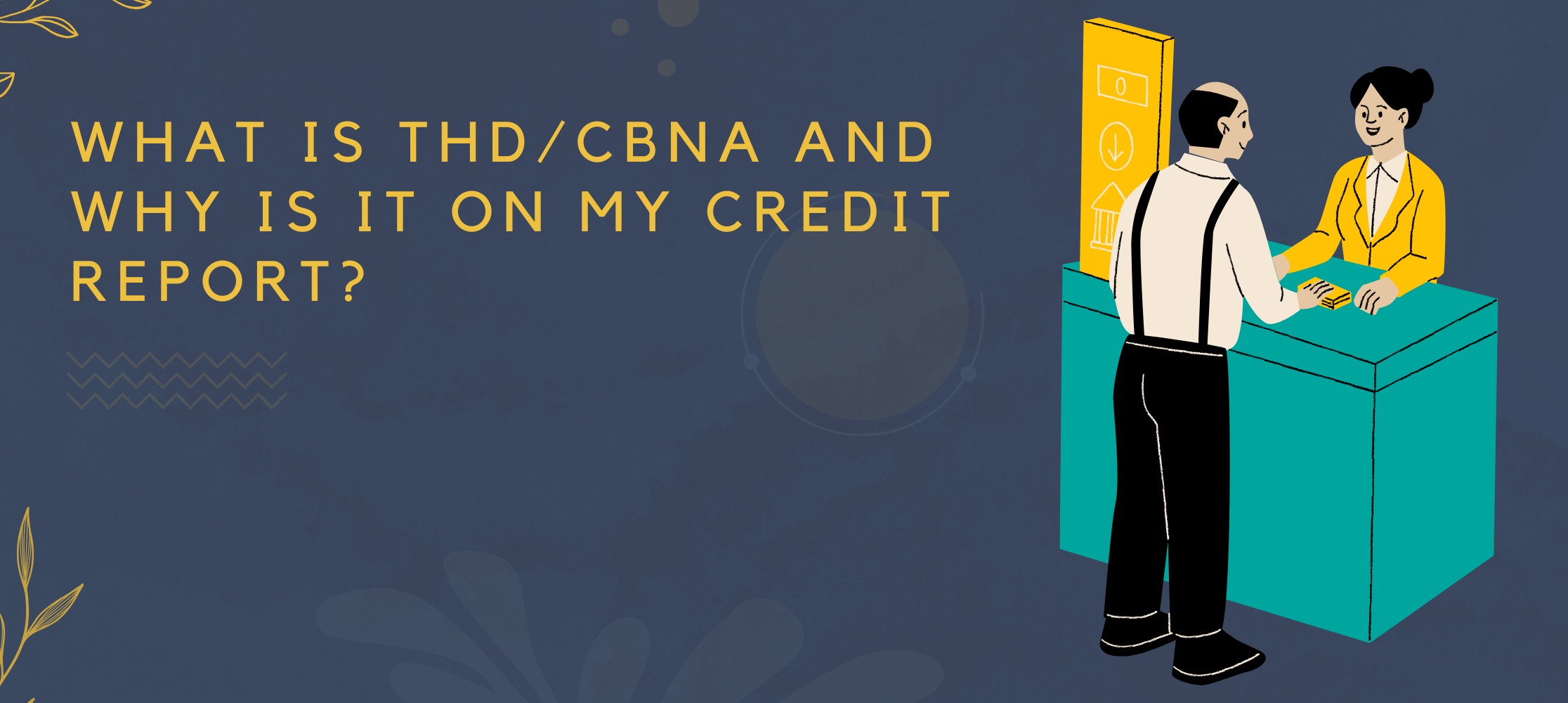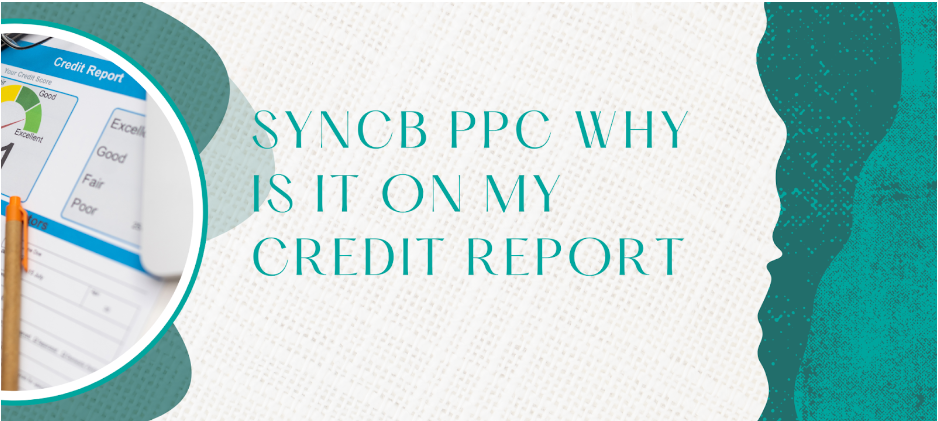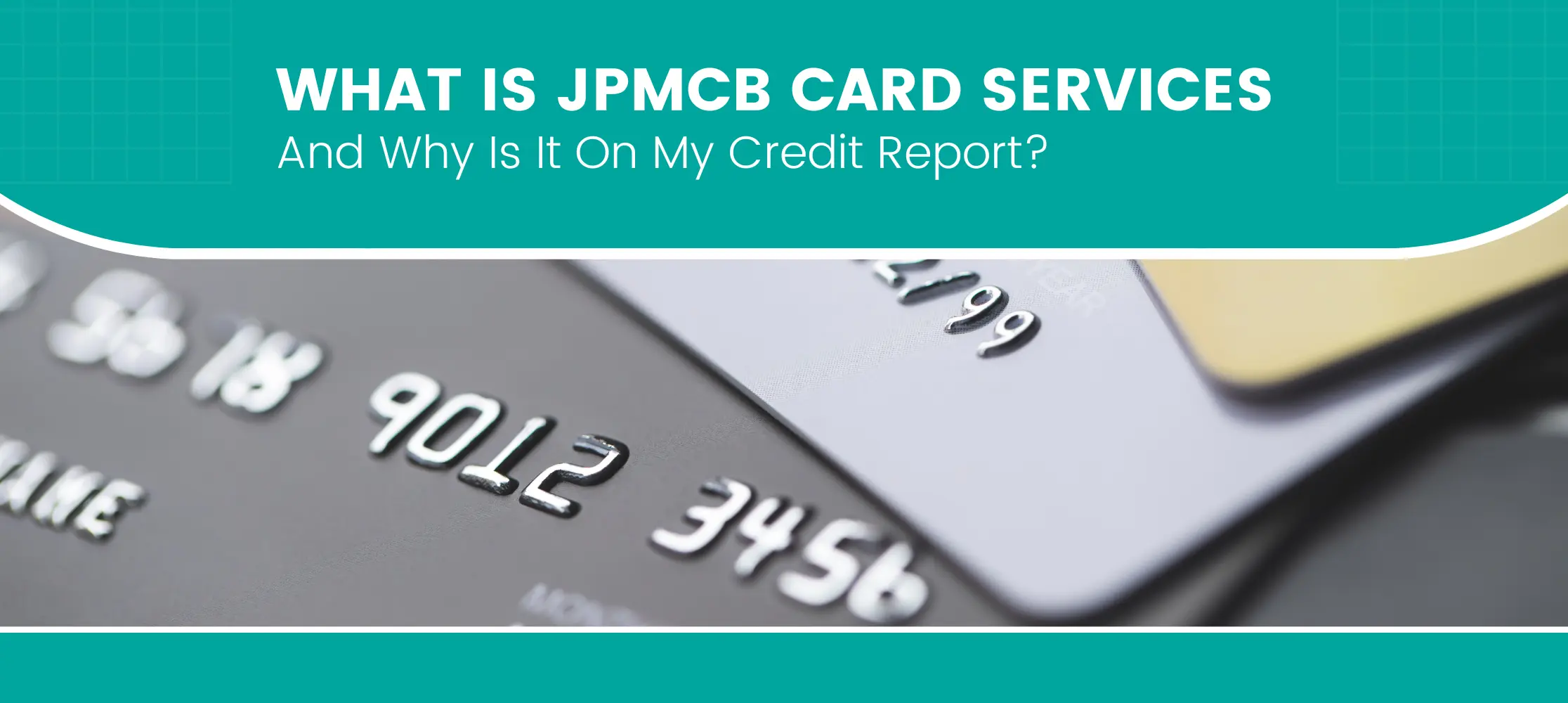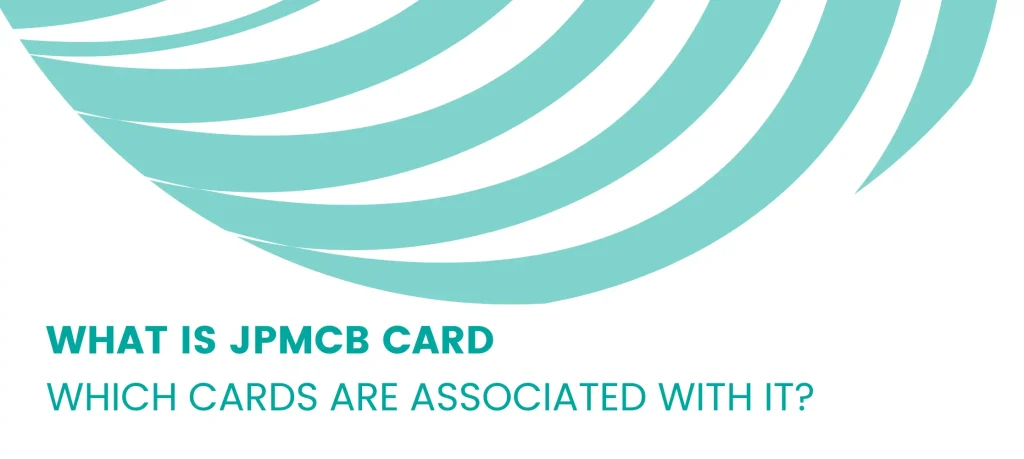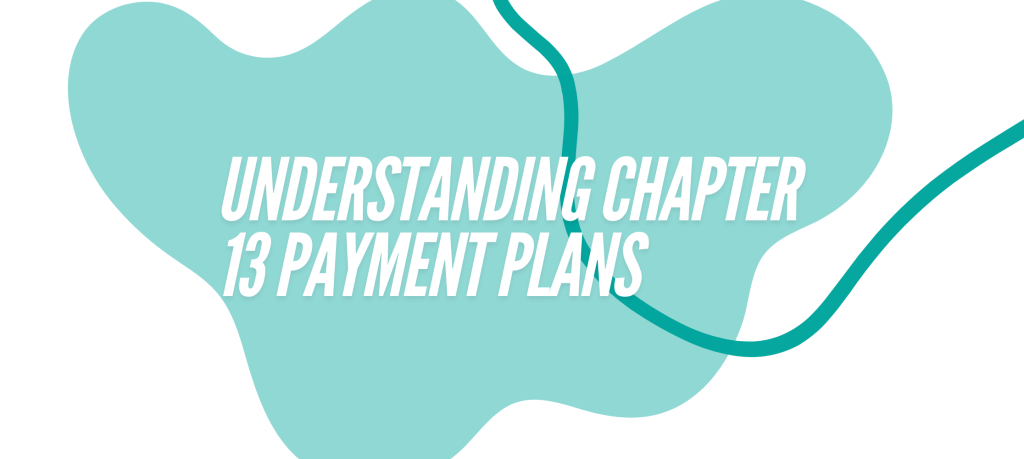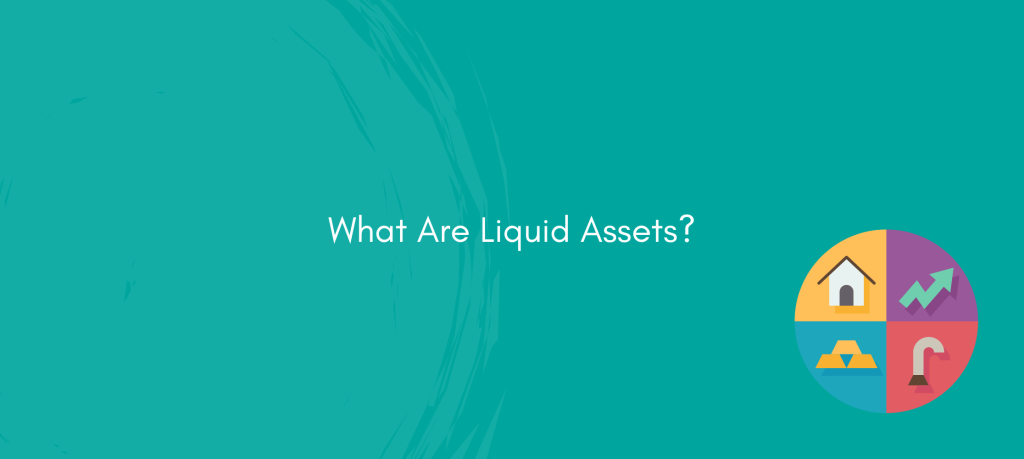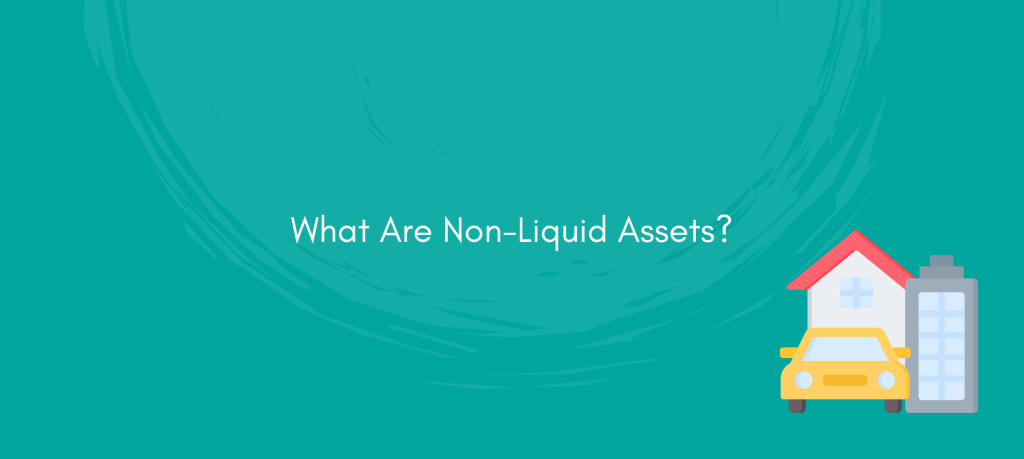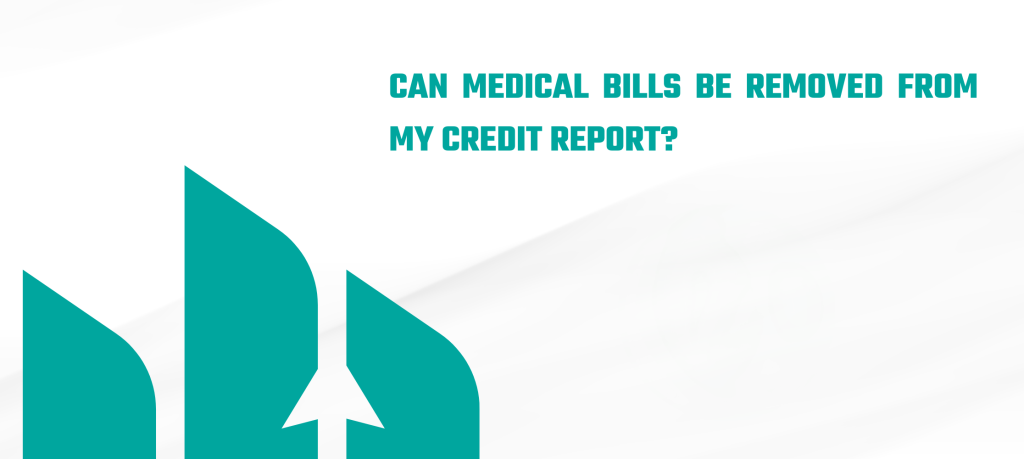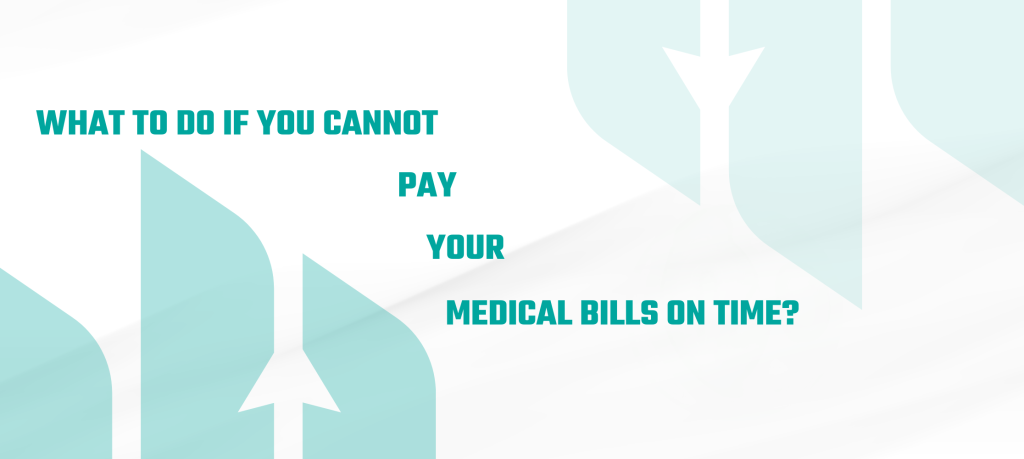Inquiries are entries that show on your credit report when a legally authorized organization or person accesses your information. These inquiries fall into two categories: hard and soft credit check. While both of these inquiries have some things in common, some major differences set them apart. Let us see the differences in their purposes and how they impact your credit.
Hard Vs Soft Credit Check | Here’s What You Need To Know
What Is A Hard Credit Inquiry?
A credit hard inquiry, also known as a hard pull or hard inquiry, occurs when a creditor accesses your credit files to review your creditworthiness and potentially approves you for a credit card, line of credit, or loan. Based on the type of credit and the lender, they might view your credit reports from the three major credit bureaus (Equifax, Experian, and TransUnion). The most common situations in which you can expect a hard inquiry on credit score include:
- Applying For A New Credit Card: Every card application will most likely end up in a hard inquiry.
- Purchasing or Leasing A Car: Whether you are leasing a car, applying for a dealership to buy a car, or taking out a loan from a bank, you can expect a hard inquiry credit score.
- Buying A House: When you apply for a mortgage, your lender will initially perform a hard check on your credit, then again prior to closing.
- Applying For A Personal Loan: Similar to other lenders, personal loan lenders will do a hard credit check when you apply for the loan formally.
- Applying For A Private Student Loan: If you are applying for private student loans, lenders will likely run loan credit checks to assess your creditworthiness. The same is true if you apply for a federal direct PLUS loan or parent PLUS loan.
- Requesting A Credit Line Increase: If you ask your card issuer to elevate your credit limit, it might run a hard check to identify your eligibility.
- Renting Or Leasing An Apartment: It could be either a soft or hard pull. To be sure, you need to check with the leasing company or your landlord.
How long does a hard credit pull stay on your credit report?
Hard inquiries stay on your reports for more than two years, but as long as you keep up with your debt payments, your scores often ricochet from an inquiry within a few months. Moreover, a lot of credit score monitoring services no longer count a hard pull in score calculations at all after a year. According to FICO, one hard pull typically reduces the score by less than five points. However, repeated inquiries in a shorter span of time might result in a bad credit score.
What Is A Soft Credit Inquiry?
Soft pull credit cards appear on your reports when someone runs a credit check for reasons that are not related to lending you money. A soft credit check or soft credit pulls can happen due to a number of different reasons, such as:
- Checking Your Own Credit: Checking your own credit score ranges on reports results on reports results in soft pull credit reports.
- Loan Prequalification: Few lenders might perform a soft pull if you seek loan prequalification and, in some cases, preapproval as part of the rate-shopping process.
- Promotional Offers: A company might soft check credit score to verify whether you qualify for a promotional offer or not. This process is also known as pre-screened offers.
- Employment Background Checks: In many cases, employers also perform soft pulls as a routine part of their pre-employment screening process.
- Requesting Utilities: If you apply to set up a service at a new address, the utility companies might review your soft credit score to decide whether you need to make a deposit.
- Renting Or Leasing An Apartment: This can be a soft or hard pull. So, we suggest it would be best if you contact the leasing company or your landlord to know for sure.
- Buying Insurance: In many states, homeowners and auto insurance companies run a soft credit check to estimate your credit-based insurance score. This might impact your premium. However, we suggest you improve your credit score so that these checks do not harm your scores more than what you can manage.
- Account Servicing: Some credit card companies might occasionally run soft inquiry credit cards on existing clients to check whether to adjust their account terms, such as a credit limit decrease or increase, to check if they qualify for a promotional offer.
When Do Inquiries Fall Off | How Long Do Soft Inquiries Stay On Your Credit Report?
Similar to hard inquiries, soft inquiries stay on your reports for up to two years. However, because they are not linked to an application for a loan or a credit decision, they are not related to greater repayment risk, and thus, they have no impact on my credit score.
Soft VS Hard Credit Check | What Sets Them Apart
Here is a quick review of how hard credit checks differ from soft credit checks. And, if you were wondering, “When do inquiries fall off,” then read on, as everything is covered below.
Soft Credit Check
- Stays on your credit reports for up to two years.
- It may not need your permission.
- This might happen for a number of reasons.
- This might happen for a number of reasons.
Hard Credit Check
- Stays on your credit reports for up to two years.
- It needs your permission.
- Typically, this happens only when you apply for credit.
- It can temporarily lower your credit score.
Frequently Asked Questions (FAQs)
Does my credit score drop if I check it?
Checking your own scores is considered a soft inquiry. And a soft pull would not affect your scores. There are other types of soft inquiries that also do not affect your scores and many types of hard pull credit that might.
How much does your credit drop when it’s checked?
A hard credit pull might lower your scores by as much as 10 points, even though, in a lot of cases, the damage probably would not be that significant.
How long do soft credit pulls stay on your credit report?
Similar to a credit hard inquiry, soft inquiries stay on your reports for up to two years. However, because they are not linked to an application for a loan or a credit decision, they are not related to greater repayment risk, and thus, they have no impact on my credit score.
Summing It All Up!
Your credit report is a document that constantly keeps on changing. Whether you are working to improve your scores or merely striving to maintain the progress you have made already, it is necessary that you check your credit regularly. With free credit score services that you can get from providers like Gifted Financial Services, it will be easier for you to track your progress and get insights about your credit health.

